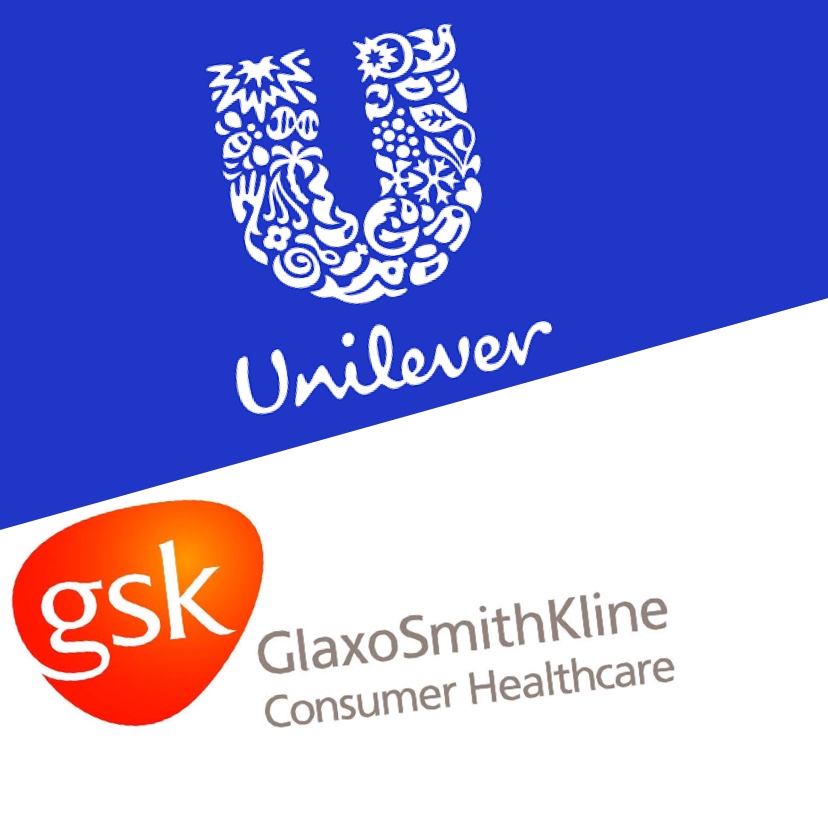
Unilever vs GSK, a brewing bidding war?
By Zion Rufus
In furtherance of its quest to strengthen its position as market leader and as well reshape its portfolio even as it pursues a strategic direction, consumer goods giant, Unilever earlier in the week approached GSK and Pfizer about a potential acquisition of the GSK consumer health products arm, GSK Consumer Healthcare.
The Consumer Healthcare business is a Joint Venture between GSK and Pfizer, with GSK holding a majority controlling interest of 68% and Pfizer 32%. GSK’s health brands include Sensodyne toothpaste, Panadol and Centrum vitamins.
Although Unilever had noted that there can be no certainty that any agreement will be reached, the FMCG leader disclosed that its £50bn interest in the Consumer Health business is a highly complementary category for the company, with good potential for synergies and a number of routes to build scale.
“GSK Consumer Healthcare is a leader in the attractive consumer health space and would be a strong strategic fit,” Unilever said in a release.
However GSK rejected the proposal on the basis that they fundamentally undervalued the Consumer Healthcare business and its future prospects.
Defending its decision, GlaxoSmithKline revealed that it had earlier received three unsolicited, conditional and non-binding proposals from Unilever plc to acquire the GSK Consumer Healthcare business for a total acquisition value of £50 billion comprising £41.7 billion in cash and £8.3 billion in Unilever shares, noting that the company has rejected all three.
GSK announced: “The Board of GSK is strongly focused on maximising value for GSK shareholders and has carefully evaluated each Unilever proposal. In doing so, the Board and its advisers assessed the proposals relative to the financial planning assessments completed to support the proposed demerger of the business in mid-2022, including the sales growth outlook set out below.”
Unilever had undertaken an extensive process to review strategic pathways to reposition its portfolio into higher growth categories.
In 2021, the company divested its tea arm to private equity and investment advisory firm—CVC Capital Partners in a $5.1 billion deal. The company revealed that its Board also concluded that major acquisitions should be accompanied by the accelerated divestment of intrinsically lower growth brands and businesses to provide funding and enable separation dis-synergies to be offset by acquisition synergies.
Maintaining its interest in the GSK business, Unilever pointed that 45% of GSK Consumer Healthcare is in Oral Care and VMS – categories in which Unilever already has presence and substantial capabilities.
The company stated: “OTC would be an attractive adjacent category, with the ability to combine Unilever’s consumer and branding expertise with GSK Consumer Health’s technical OTC capabilities. The acquisition would create scale and a growth platform for the combined portfolio in the US, China, and India, with further opportunities in other emerging markets.”
“We believe that this would be an attractive and synergistic combination for the shareholders of Unilever, which would also deliver value and certainty for the shareholders of GSK and Pfizer.”






Comment
No comments found.